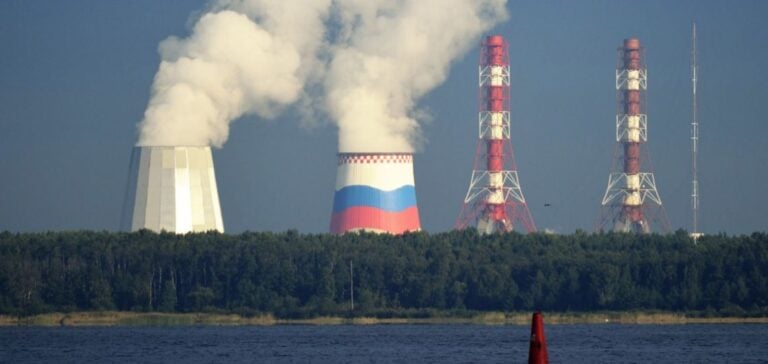Vietnam has signed a strategic agreement with Russia to develop its nuclear sector during an official ceremony in Hanoi, attended by Russian Prime Minister Mikhail Mishustin. This agreement marks a significant step in reinforcing bilateral relations between these two long-standing allies.
Seven cooperation protocols were signed, covering new technologies, research, and atomic energy. While details of the agreement have not been disclosed, this initiative reflects Vietnam’s goal to diversify its energy sources to meet increasing demand. The country, home to nearly 100 million people, currently relies heavily on coal and oil but is seeking to reduce its dependence on these fossil fuels.
A project revived after years of suspension
Vietnam’s nuclear program, initiated in 2009 with the help of Rosatom and the Japanese consortium JINED, was suspended in 2016 due to financial and environmental concerns. However, Vietnamese authorities have recently revisited this project, targeting Ninh Thuan Province as the site for the country’s first two nuclear power plants.
Alexey Likhachev, CEO of Rosatom, expressed being “very interested” in this program. This revival aligns with a broader strategy to modernize Vietnam’s energy infrastructure while adhering to stricter environmental standards.
A partnership rooted in history
Russia and Vietnam share strong historical ties stemming from Soviet military support during the Vietnam War. Today, this alliance extends into other areas, including defense and security. During his visit, Mikhail Mishustin met with Vietnamese Prime Minister Pham Minh Chinh and To Lam, Secretary-General of the Communist Party of Vietnam (CPV), underscoring the importance of these strategic ties.
Despite a decline in Russian arms exports to Vietnam in recent years, the two countries maintain close relations, particularly given tensions in the South China Sea.
An energy and geopolitical challenge
Vietnam’s nuclear project represents a crucial issue in the context of the global energy transition. It is also part of a geopolitical strategy aimed at strengthening the country’s energy autonomy while balancing relations with regional partners like China.
The revival of Vietnam’s nuclear program, with Russia’s support, may pose new challenges, particularly in terms of financing and environmental compliance. However, this strategic partnership demonstrates both nations’ determination to adapt to the energy and geopolitical challenges of the 21st century.






















